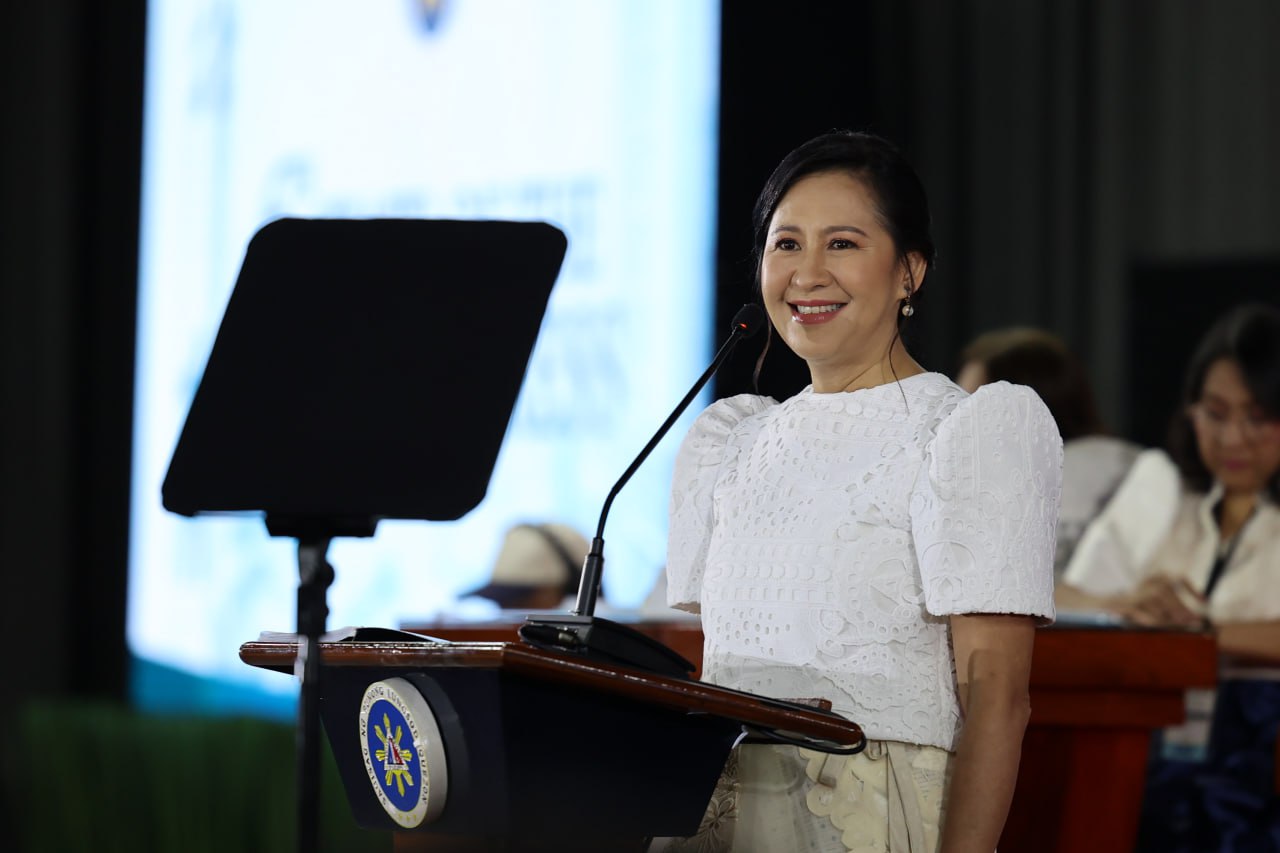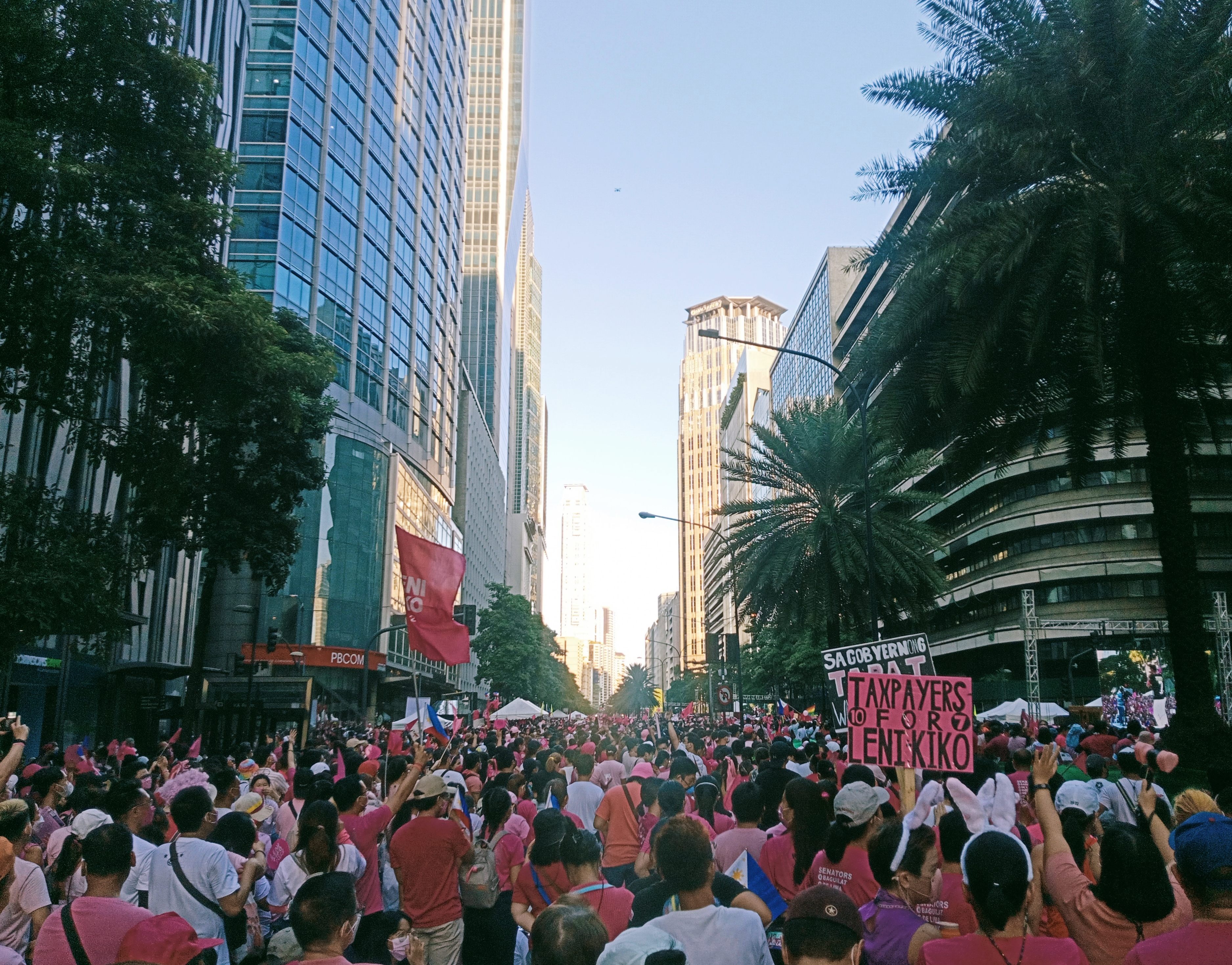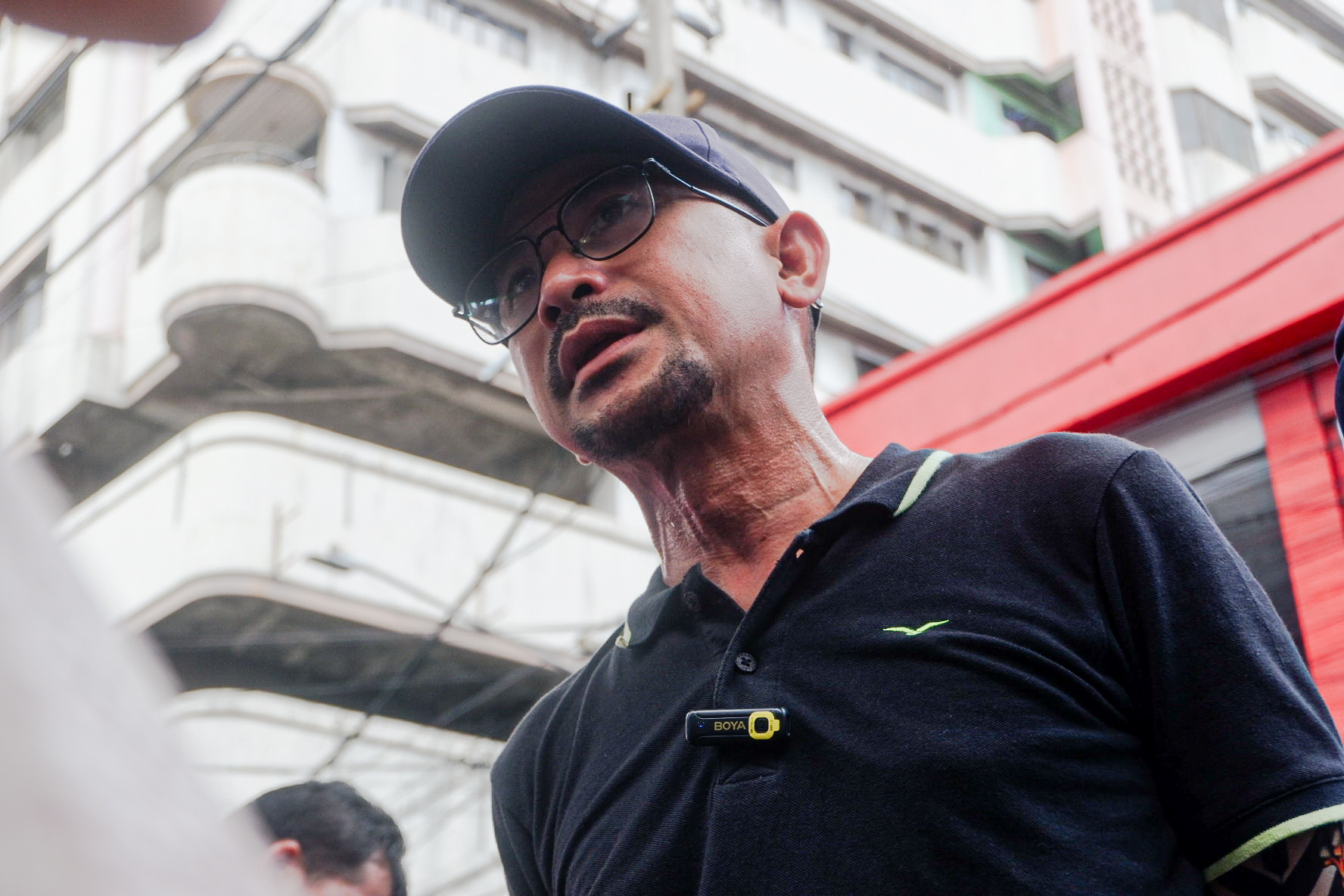Home to nearly 1.5 million registered voters, Quezon City holds the distinction as the most vote-rich city in the Philippines. Candidates in this area must therefore mount a campaign to appeal to a diverse electorate spread across commercial centers, affluent enclaves, and vast urban poor communities.
Yet in the upcoming May 12 polls, the city’s mayoral race appears more ceremonial than competitive.
Incumbent Mayor Joy Belmonte is gunning for her third and final consecutive term. She faces four challengers—each running as independents, without the benefit of party machinery, substantial funding, or strong name recall. Barring a political miracle, Belmonte’s reelection is all but assured.
But while her virtually uncontested bid may reflect consolidated support and confidence in her leadership, it also raises a deep concern—the hollowing of civic engagement in the city. The absence of a credible opposition is a troubling sign that dissenting voices struggle to organize and advance alternative platforms.
In a vibrant democracy, elections serve as a venue for debate and public accountability. Thus, without organized, formidable challengers, there is little pressure on Belmonte to defend her track record, enact new policies, or engage meaningfully with communities. This risks public accountability and democratic discourse.
Quezon City citizens cannot afford to be passive spectators. Belmonte’s third term should not be treated as a blank check, but a renewed contract that demands transparency, responsiveness, and accountability.
Since taking office in 2019, Belmonte has attracted both criticism and acclaim. Her early pandemic response drew flak, but her administration rebounded with notable recognition for good governance and progressive ordinances. Quezon City has received clean ratings from the Commission on Audit and has been lauded for its policies on LGBTQ+ rights, gender equality, and public healthcare.
Yet despite acclaim, challenges persist under her term. Poverty and unemployment remain widespread, while many urban poor communities still face the threat of displacement. Meanwhile, critical infrastructure—from mass transit and public schools to affordable housing—struggles to keep pace with the city’s growing needs.
As she enters her third term, Belmonte must deliver on her 14-point agenda, which outlines priorities in social services, economic development, climate resilience, infrastructure, and governance. But plans alone are not enough. They must translate into tangible, lived improvements for the most marginalized. That means ensuring housing programs reach the displaced, healthcare services extend to the underserved, and jobs come with fair wages and protections. It also necessitates space for community voices, civil society, and even critics to shape the city’s future.
The challenge for Mayor Joy Belmonte is no longer about winning the race, but about proving that her leadership can bring lasting, inclusive change. And for her constituents, the work is only just beginning: to ensure that her victory leads not to complacency, but to a deeper, more participatory democracy. ●
First published in the May 7, 2025, print edition of the Collegian.





